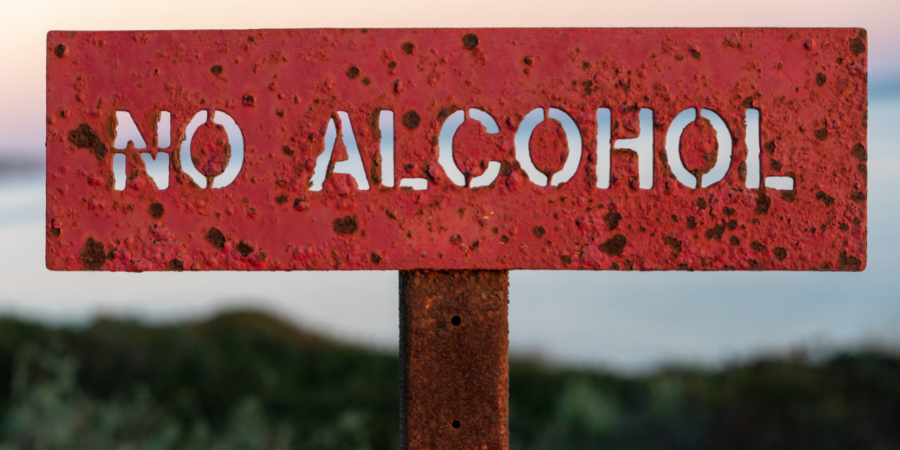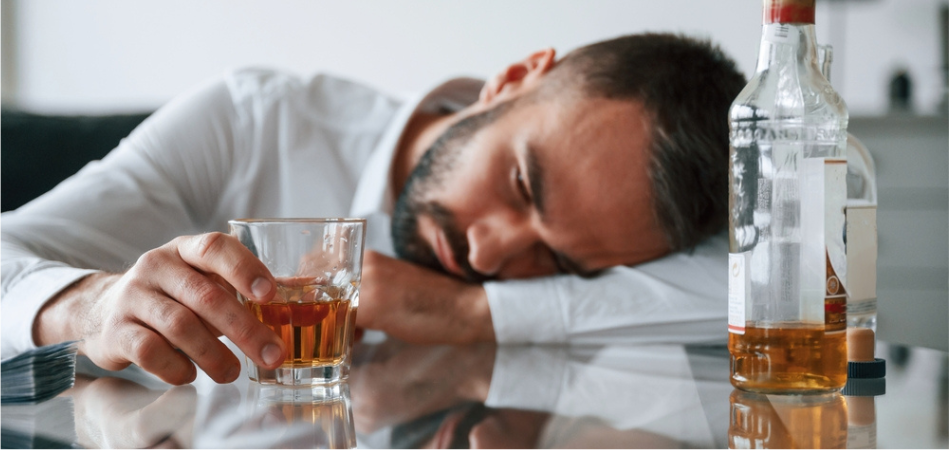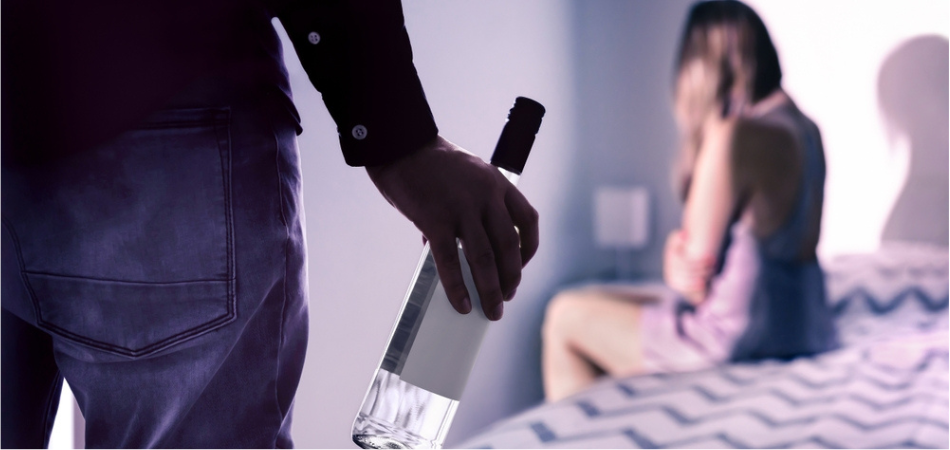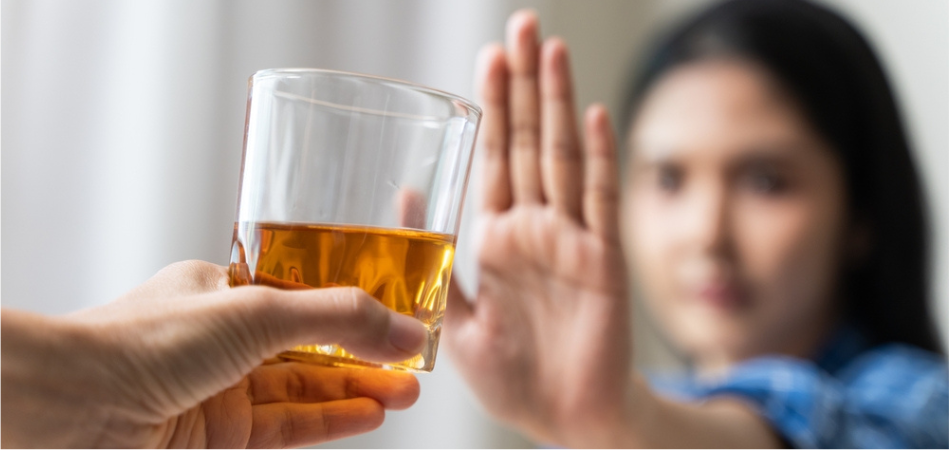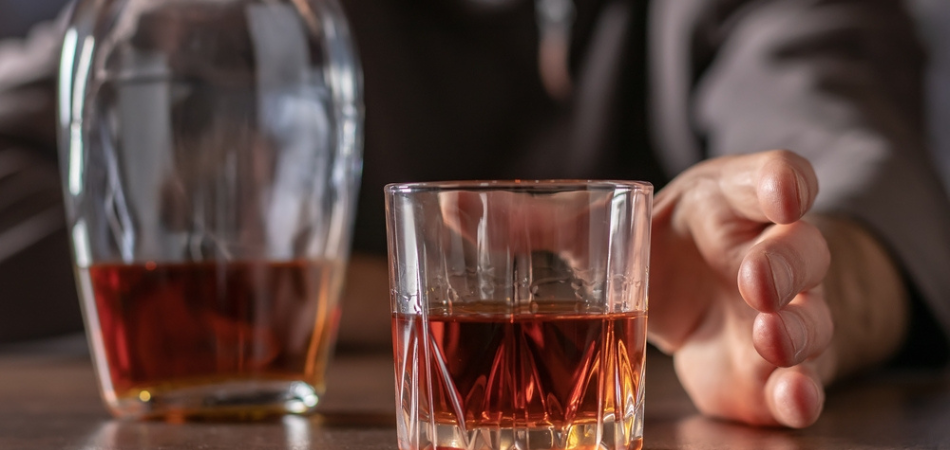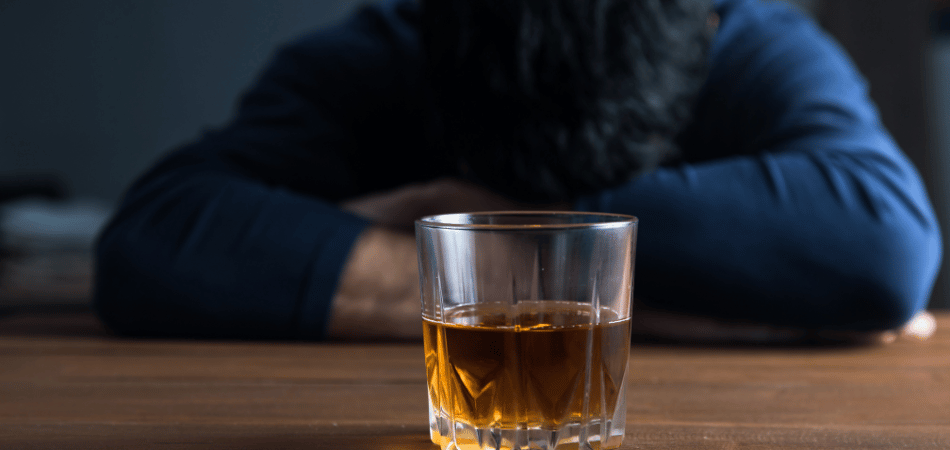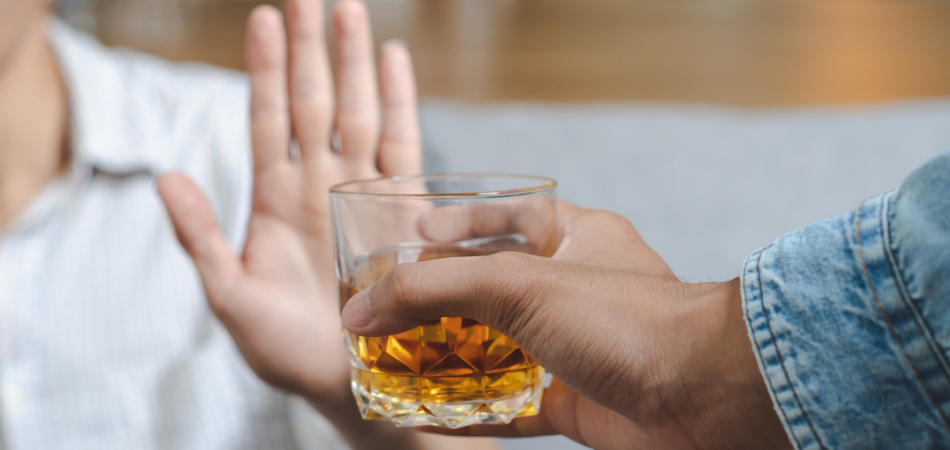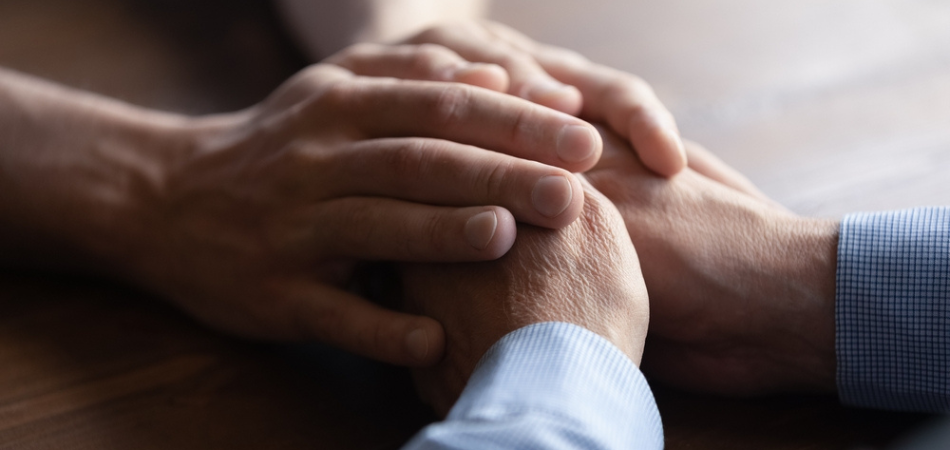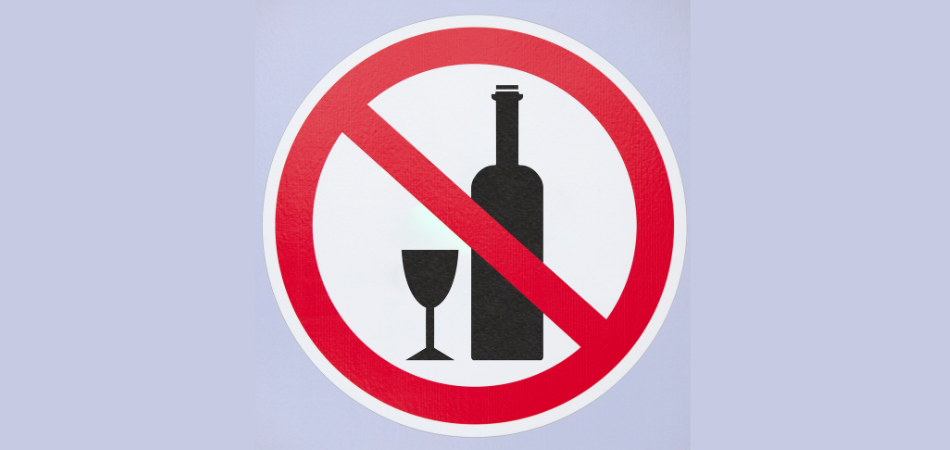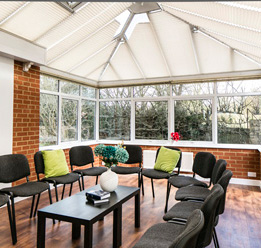
Written by:

Medically Reviewed by:
Last Updated:
August 8th, 2025
Alcohol Rehab | Alcohol Addiction Treatment
For many people, the word ‘rehab’ brings to mind celebrity gossip or dramatic documentaries. It doesn’t always feel like something that’s meant for you. But alcohol rehab is more accessible than most realise, and it could be the turning point you didn’t know was available.
At Primrose Lodge, we offer a space to reset and rebuild, and this page will walk you through what that really looks like.
What does alcohol rehab involve?
Alcohol rehab is a structured programme that helps you stop drinking and build a life that no longer relies on alcohol to cope. At Primrose Lodge, this includes a combination of detox, therapy and aftercare support, all delivered by experienced staff who understand how complicated addiction can be.
The aim, of course, is not linked to your past; rather, the focus is on creating a better future. Rehab gives you the tools to uncover what led to the drinking in the first place and how to rebuild in a way that feels stable and manageable. With support, that change becomes possible.
Why inpatient alcohol rehab can make the difference?
While some people benefit from outpatient support, inpatient rehab is often the most effective route for alcohol addiction. Staying at Primrose Lodge gives you time away from the habits, triggers and environments that kept the cycle going. Here, everything is designed to help you recover: meals, routines, therapy and the people around you.
There’s a quiet power in being surrounded by others who are going through the same thing. It breaks the isolation and reminds you that you’re not alone in this. Couple this with our team on hand at every stage and there’s no need to carry it all by yourself anymore.
What to expect from your stay?
No two people arrive at rehab in exactly the same way. That’s why we take time to get to know your story. From your first day at Primrose Lodge, everything is shaped around your needs, your pace and your goals. Here’s how the process is typically structured:
The role of therapy in alcohol rehab
Therapy is the backbone of alcohol rehab. While detox helps clear alcohol from the body, therapy helps you understand why it was there in the first place. It brings clarity to the patterns and triggers that fuelled the drinking and offers new ways to handle them.
At Primrose Lodge, therapy is delivered in many forms, each one chosen to match your situation and needs. These include:
Why aftercare matters just as much
Finishing rehab doesn’t mean the journey is over. In fact, the weeks and months after your stay are often when you’ll need support the most. That’s where aftercare comes in.
At Primrose Lodge, aftercare is built into the process. Before you leave, we’ll help you set up regular therapy sessions, support group connections and relapse prevention tools that fit your everyday life. Whether it’s managing cravings or navigating social situations, aftercare gives you a clear and reliable structure.
You may also keep in touch with people you met during your time here. Those connections can be powerful anchors when life outside starts testing your resolve.
Aftercare can be viewed as the safety net you can rely on when things get tough.
If you’re thinking about alcohol rehab
It takes a lot to reach the point where you’re ready to get help. But if you’ve made it this far, even just by reading this, that says something.
At Primrose Lodge, we see the person behind the problem. We understand that alcohol is often just the surface. Our rehab programme is here to help you move forward in a way that feels safe, supportive and achievable, no matter how long you’ve been struggling.
If you or someone close to you needs help, get in touch. You’re not broken, you’re human. And with the right support, change is possible.
Frequently asked questions


